Chiba Prefecture is located next to Tokyo and is the home of Narita International Airport, making it an accessible destination for both domestic and international visitors. A blend of Japanese city and countryside life can be experienced here, as Chiba offers both bustling cityscapes and rich natural settings. It serves as a hub of culture and commerce, and is one of Japan’s most productive prefectures for agriculture and fishing. Chiba has an established track record of hosting student exchange and home-stay programs which provide students with a well-balanced immersion into Japanese culture.
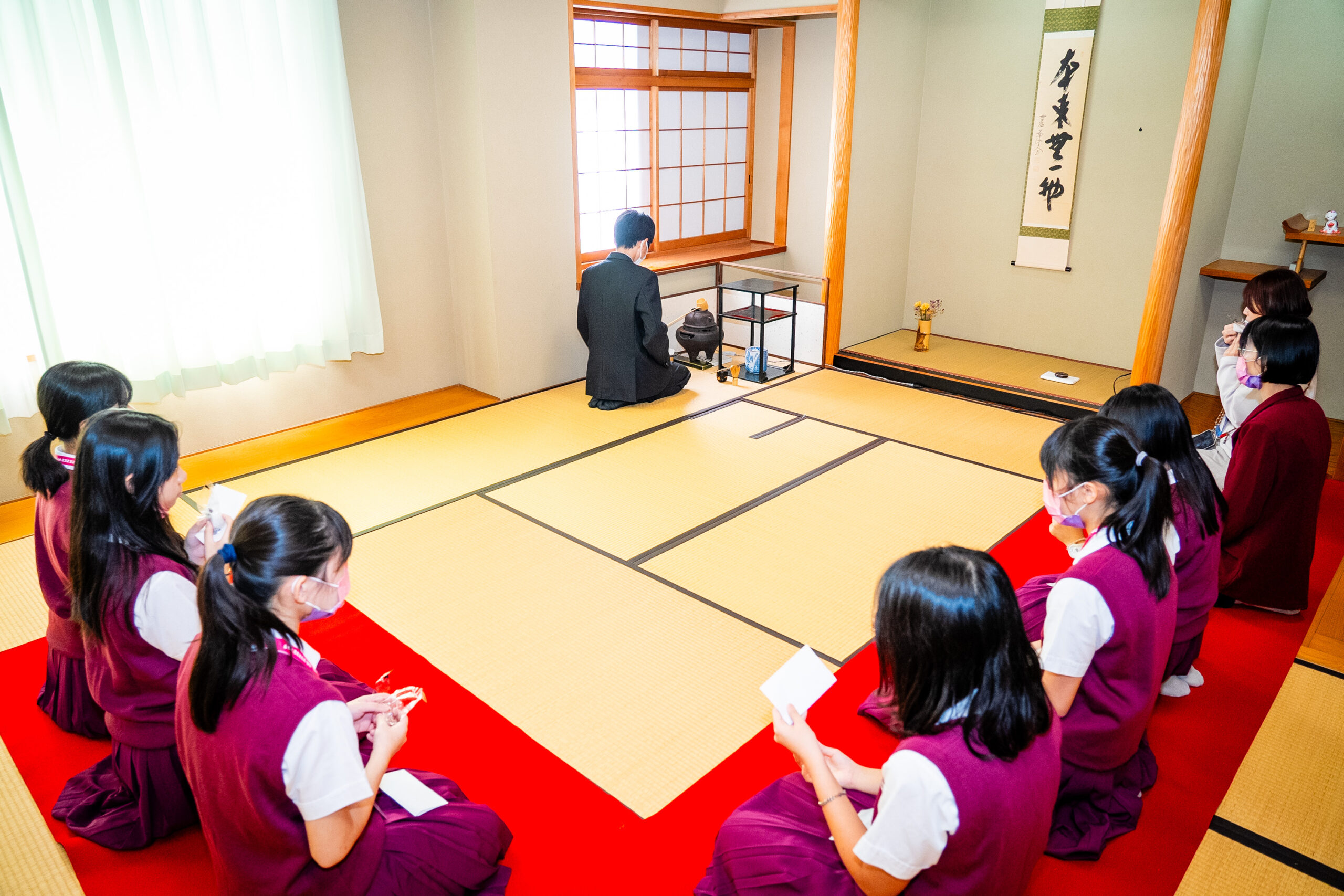
Chiba Prefecture has many interesting “hands-on” facilities that are the most important and best part ofeducational tours: hand-rolled sushi making, tea ceremony experiencing, paper fan making, bamboo shoot digging in mountains, enjoying with animals on huge farms, etc.
There are also many other facilities and places for hands-on learning.
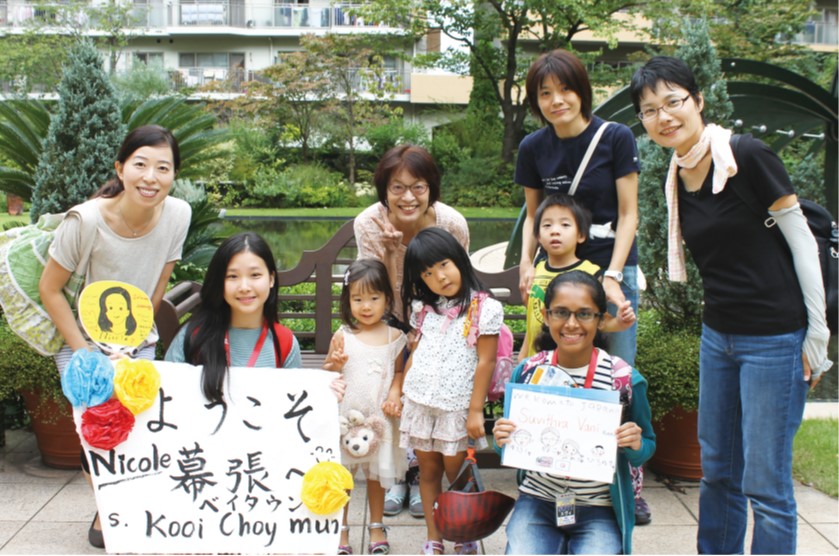
Many families actively participate in the homestay program and welcome students from abroad; their kind hearts are important assets of the program. Our team of coordinators will assist you in finding schools that suit your students’ majors and travel plans, enabling them to engage in international exchange activities. Since there are many minshuku guesthouses, especially in the rural areas of the Prefecture, it will be a perfect experience for students to spend time in nature and create unforgettable memories by interacting with kind Japanese host families.

Chiba Prefecture has many facilities which are suitable for various educational travel programs. At those facilities, where you can learn about the history and culture of Japan, you can develop a spirit of openness to different cultures.
There are also many nature-related facilities, science technology facilities, and cutting-edge corporate facilities, making Chiba Prefecture a perfect place for educational travel of students in a wide age range.
Chiba has many schools active in international exchanges and this is one reason why educational tours to Chiba are popular.
Students can interact with different countries’ students and cultures thorough tea ceremony, calligraphy, karate, kendo, cooking and other activities in school exchange programs.
| Teacher's Voice | |
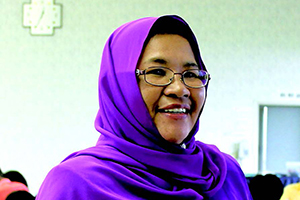
|
|
| SMK SERI HARTAMAS Principal | |
The first time I came to Japan I was impressed with its culture of cleanliness andenvironmental preservation, and also that this is a culture of respect for the people around you. The schools I saw were also very clean and everywhere you got a sense of how important nature is for the Japanese people; the way they deal with recycling is a good example of that. These exchange programs bring students together and allow them to communicate on a more intimate level; that way they learn about each other’s country and culture. Furthermore, from their host families, they get to experience Japan’s family values and perhaps also develop a personal sense of these people’s sense or punctuality, care for the environment, and so forth. It is my hope that students will bring these positive aspects of Japan back to their home country. I want to thank this program’s sponsor, Chiba Prefecture and particularly the town of Tako. The students can learn about Japan from newspapers and magazines but by taking part in such a program they get a chance to actually feel Japan’s culture. It's a wonderful program and I hope more students will have the opportunity to participate in the future.
| Student's Voice | |
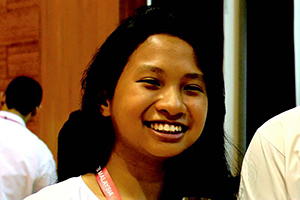
|
|
| SMK SERI HARTAMAS Student | |
I was impressed with the cleanliness of Japanese cities and streets. Also, the food was delicious! Japanese students showed me how to juggle using the kendama and how to make origami; these are actually harder than they seem but the students made every effort to teach me how to do them. Their genial manners, gestures and jokes made the language barrier disappear. Everyone in Japan was very warm but also very polite; I realized how important it is for them to maintain a sense of distance. My interest in Japan grew with this visit and I'm considering going to college or seeking employment there in the future.
Chiba Prefecture has many private residences where you can stay in rural areas. Students will experience daily life in anagricultural community in Japan. They experience farming by staying at a farmhouse, learn history and culture by visiting shrines and temples, join local festivals, and enjoy insect collecting andfirefly observing in nature. They can experience daily life of Japanese people with their friends that they cannot experience in ordinary tours, and these experiences will be precious memories for them.
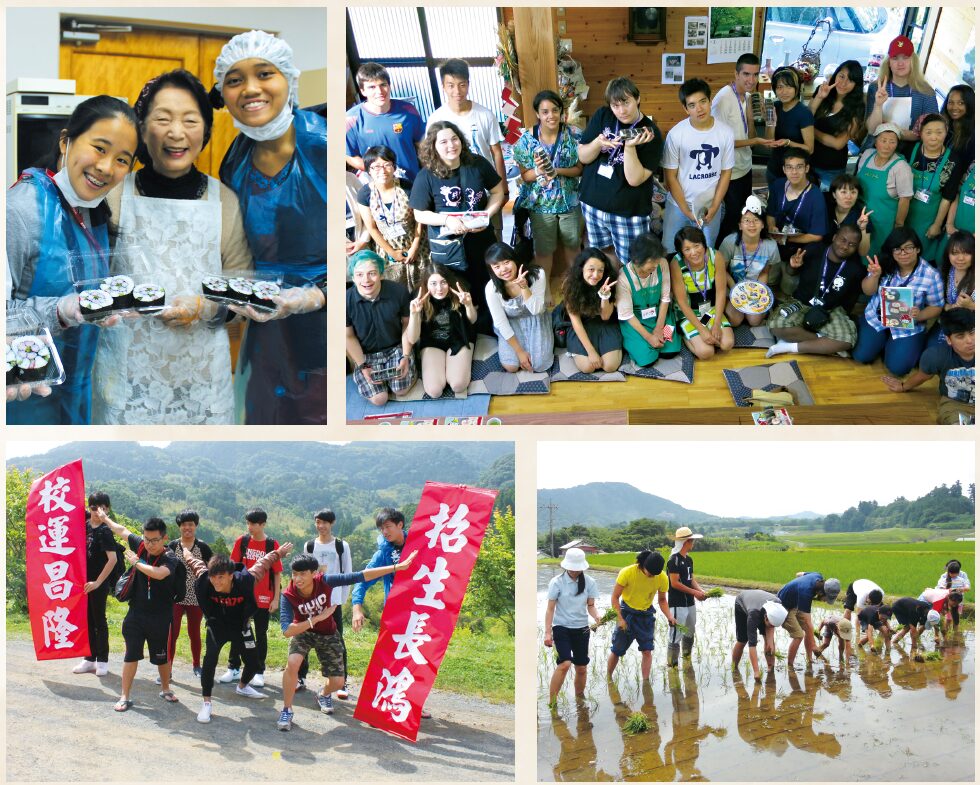
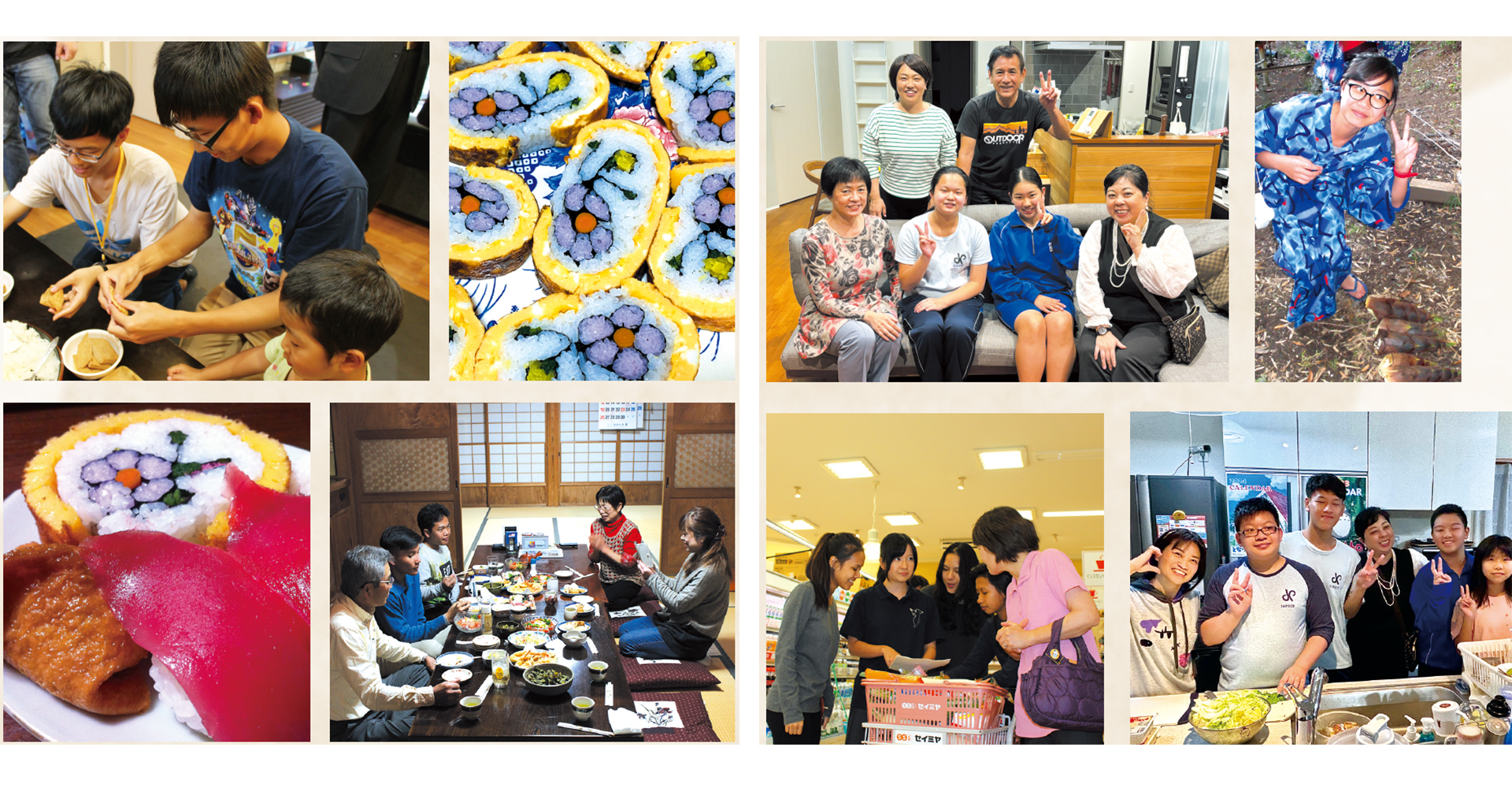
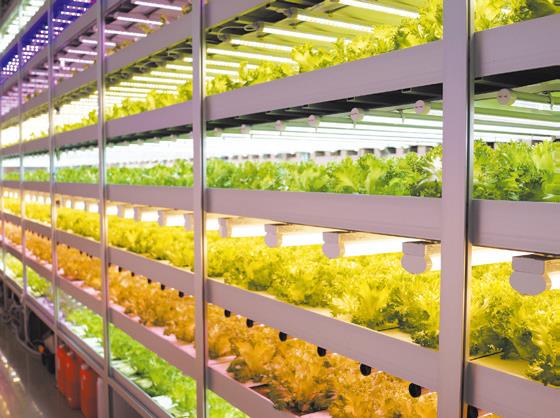
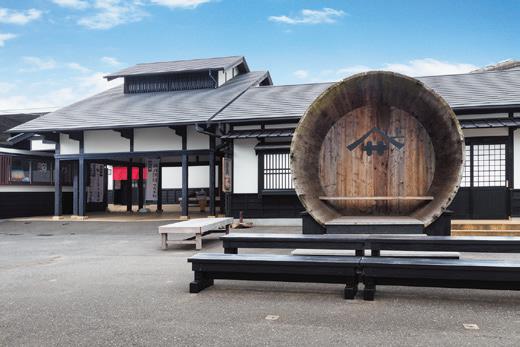

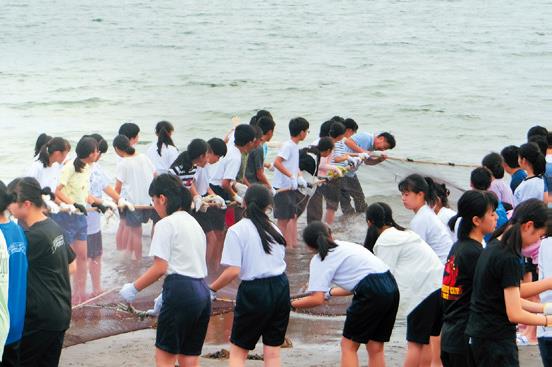
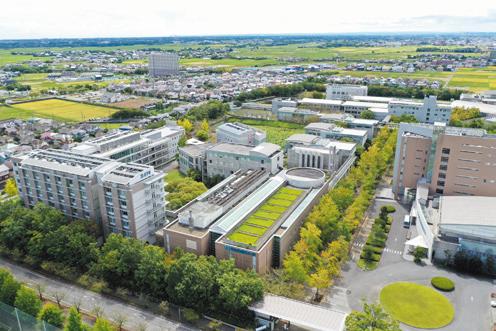
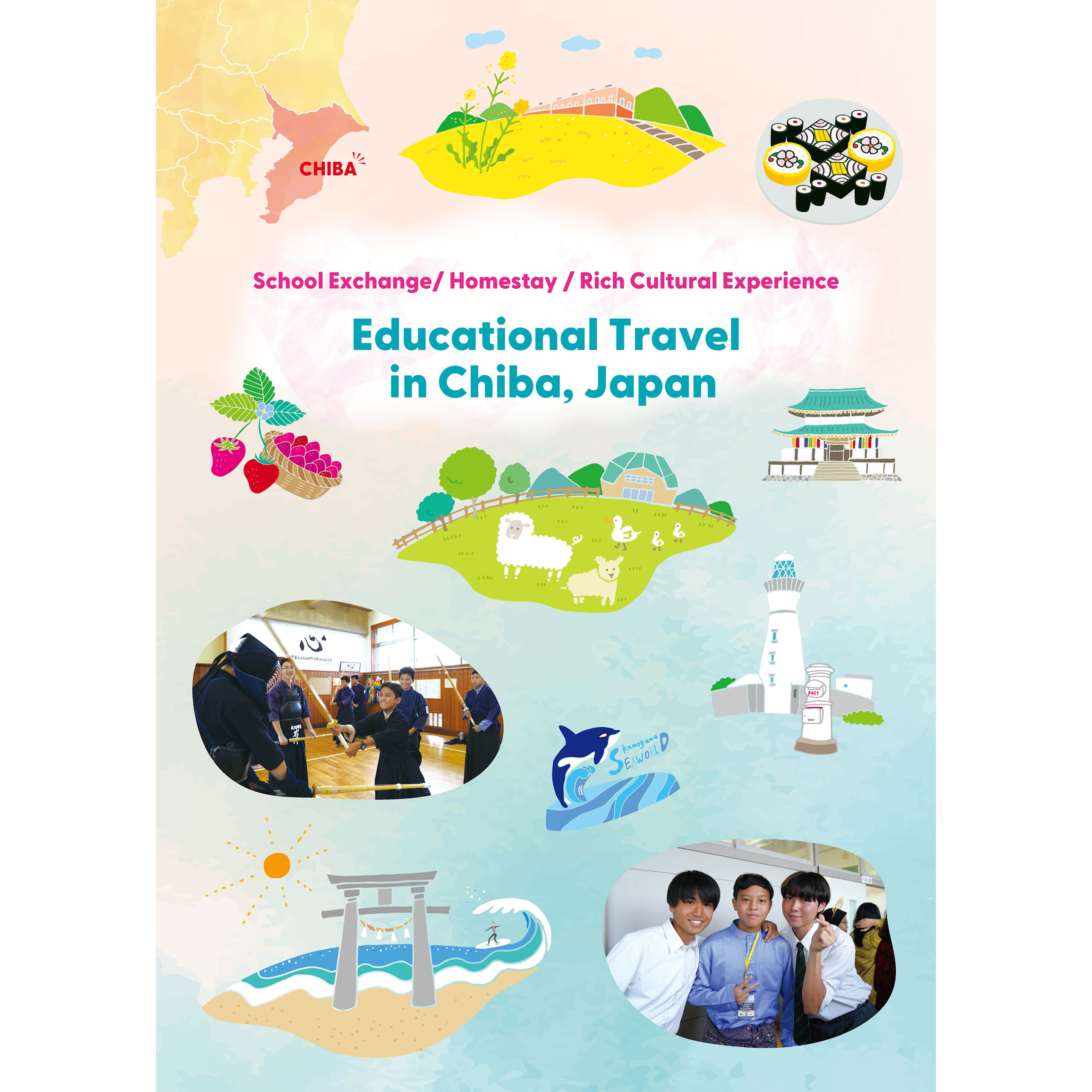
| Day 1 |
|
|---|---|
| Day 2 |
|
| Day 3 |
|
| Day 4 |
|
| Day 5 |
|
| Day 6 |
|
+81-43-225-9170 / +81-43-225-9198
kyouryo-ib@chiba-tpa.or.jp
Inquiries can be made either in Japanese, Chinese or English. Please note that documents we provide regarding school exchange program will be written in Japanese.
*If you wish to participate in the school exchange program, please fill out the following application form and send it via email. To maximize the opportunities and benefits of our school exchange program, please submit the form 2 to 3 months prior to your desired date of visit.
*Please make sure to set the period for your school exchange and homestay from late April to the end of June, mid-September to the end of November, or mid to late January.